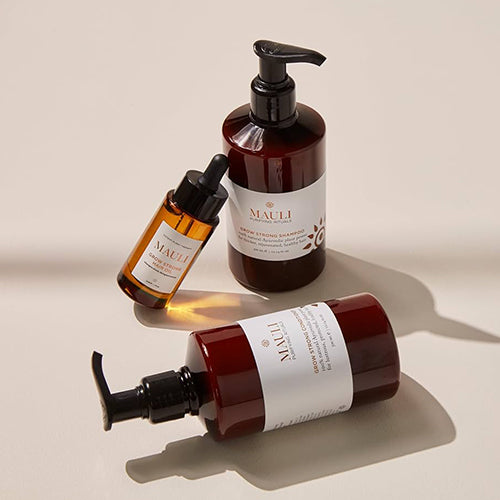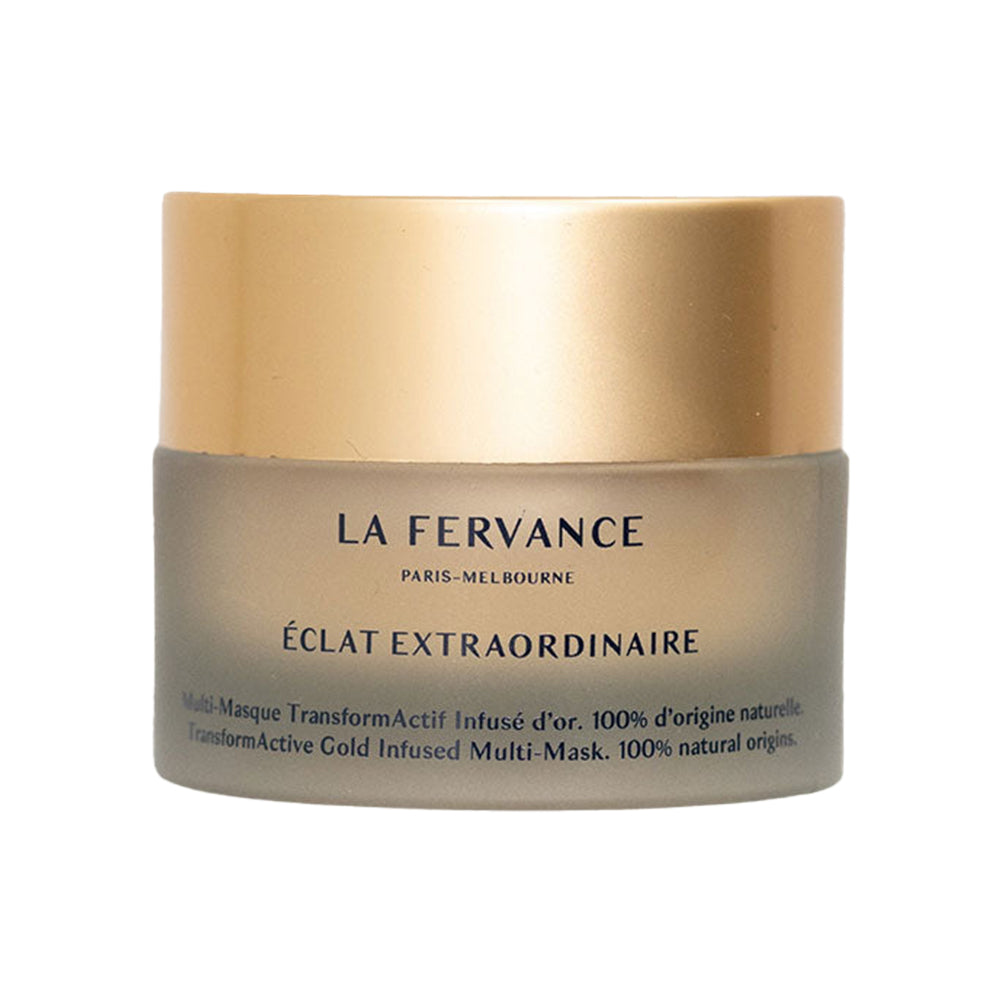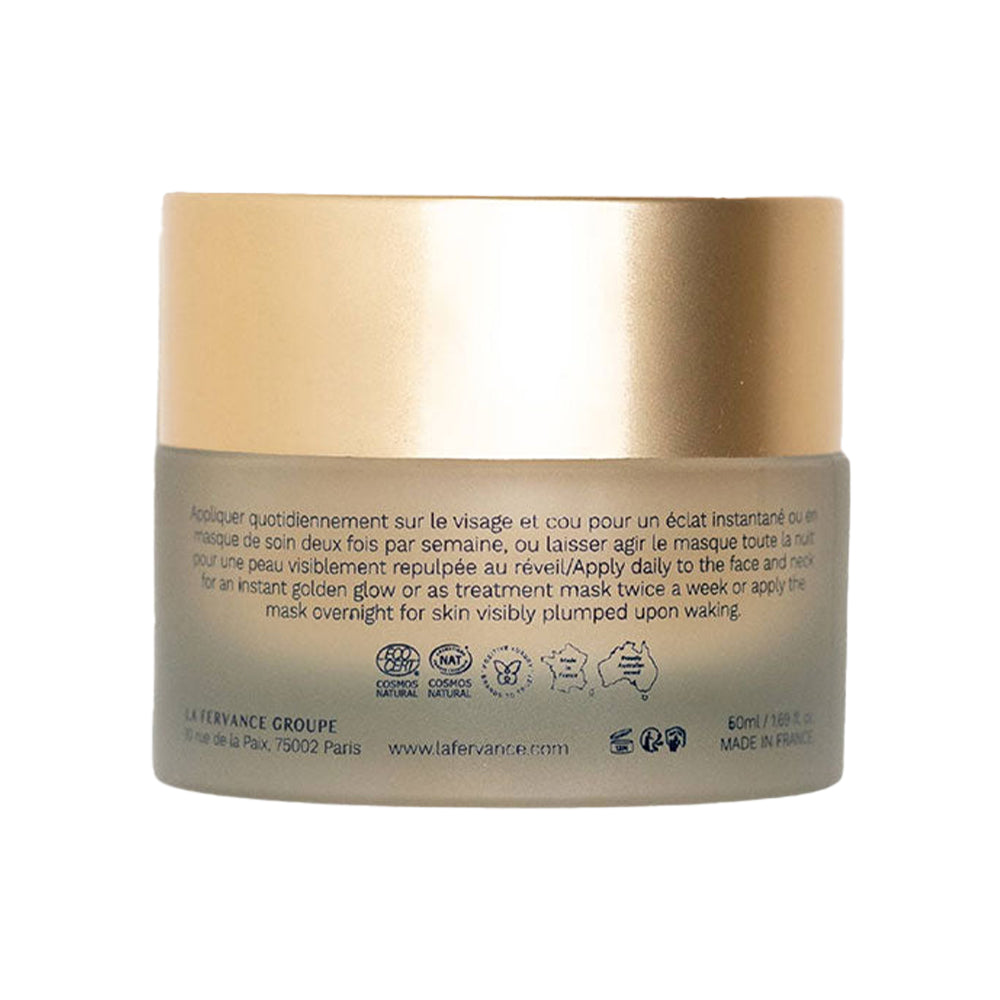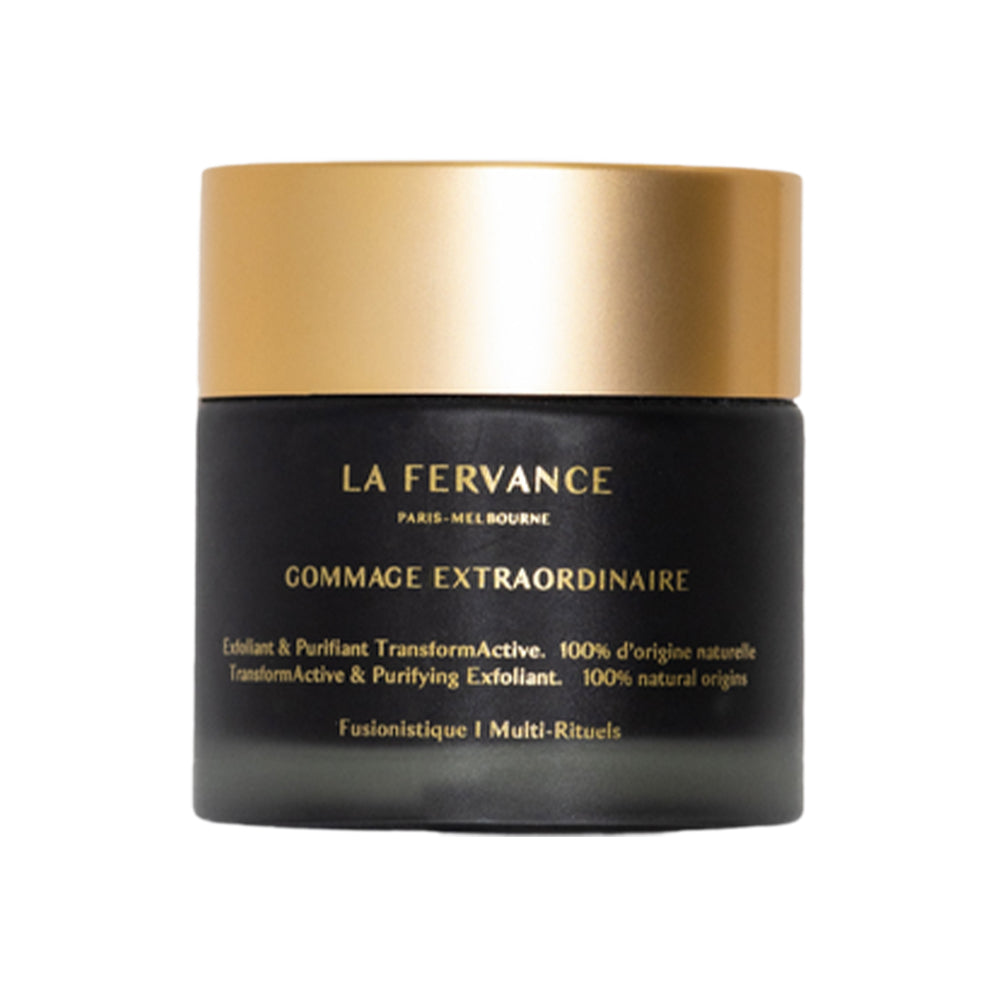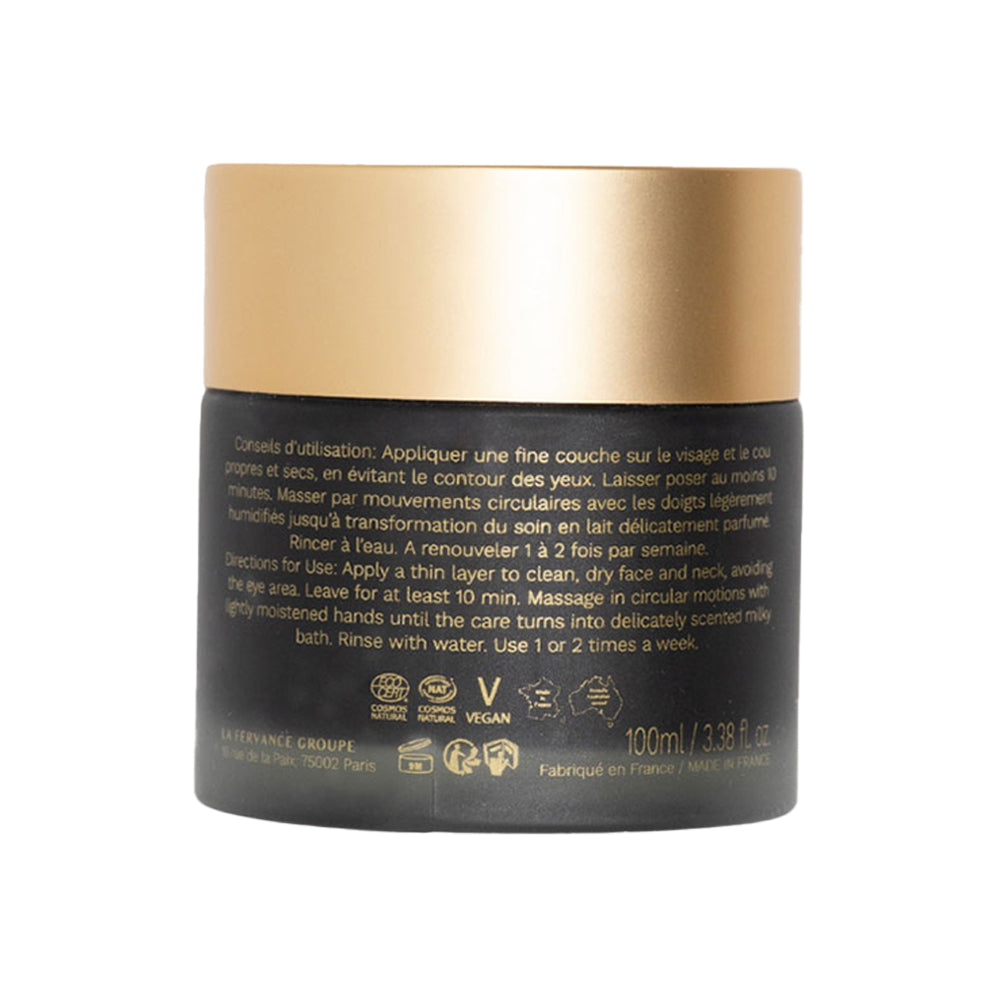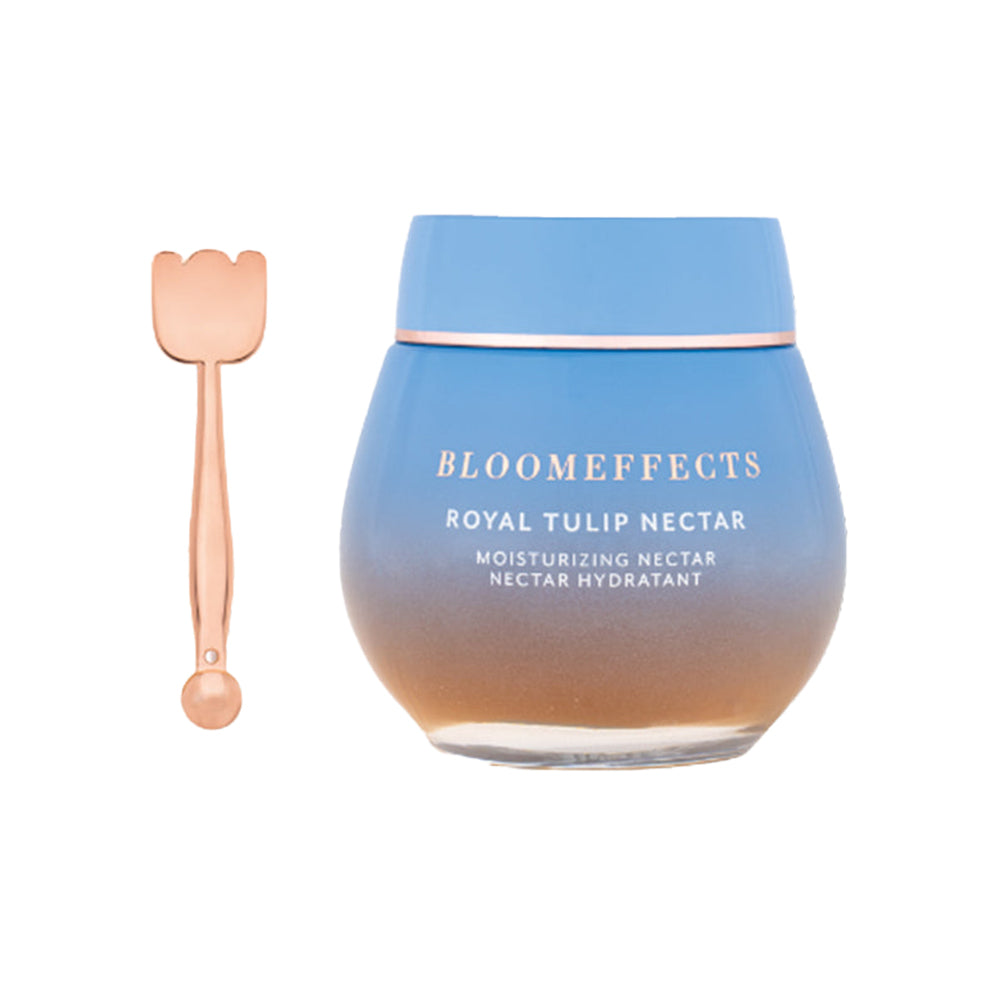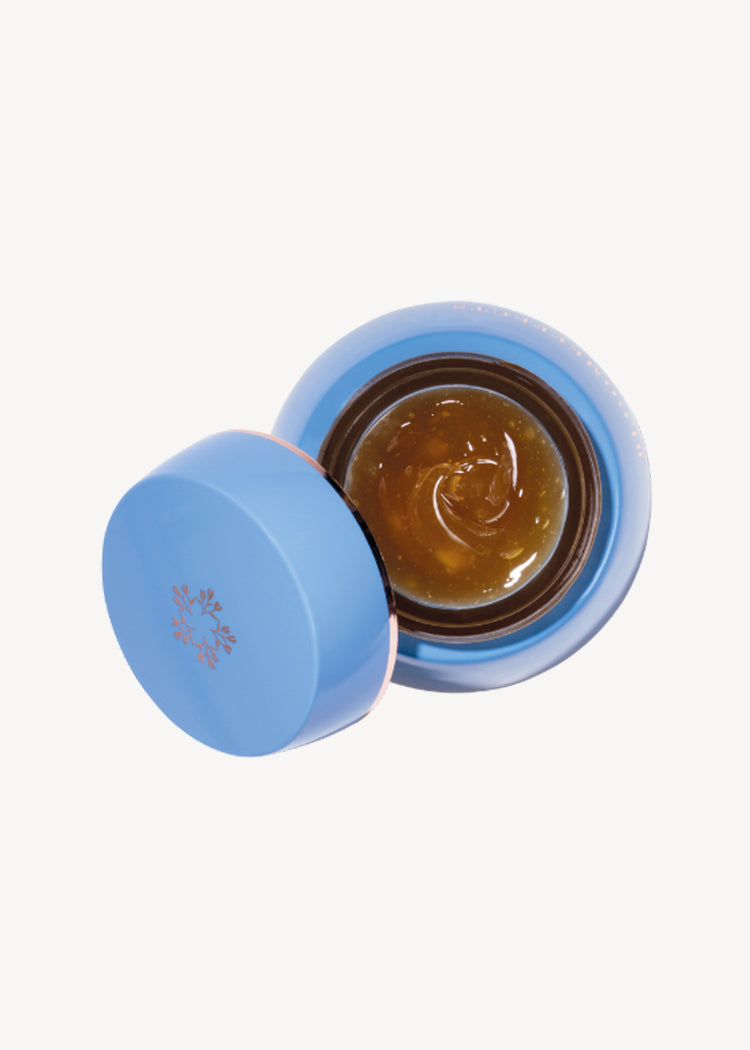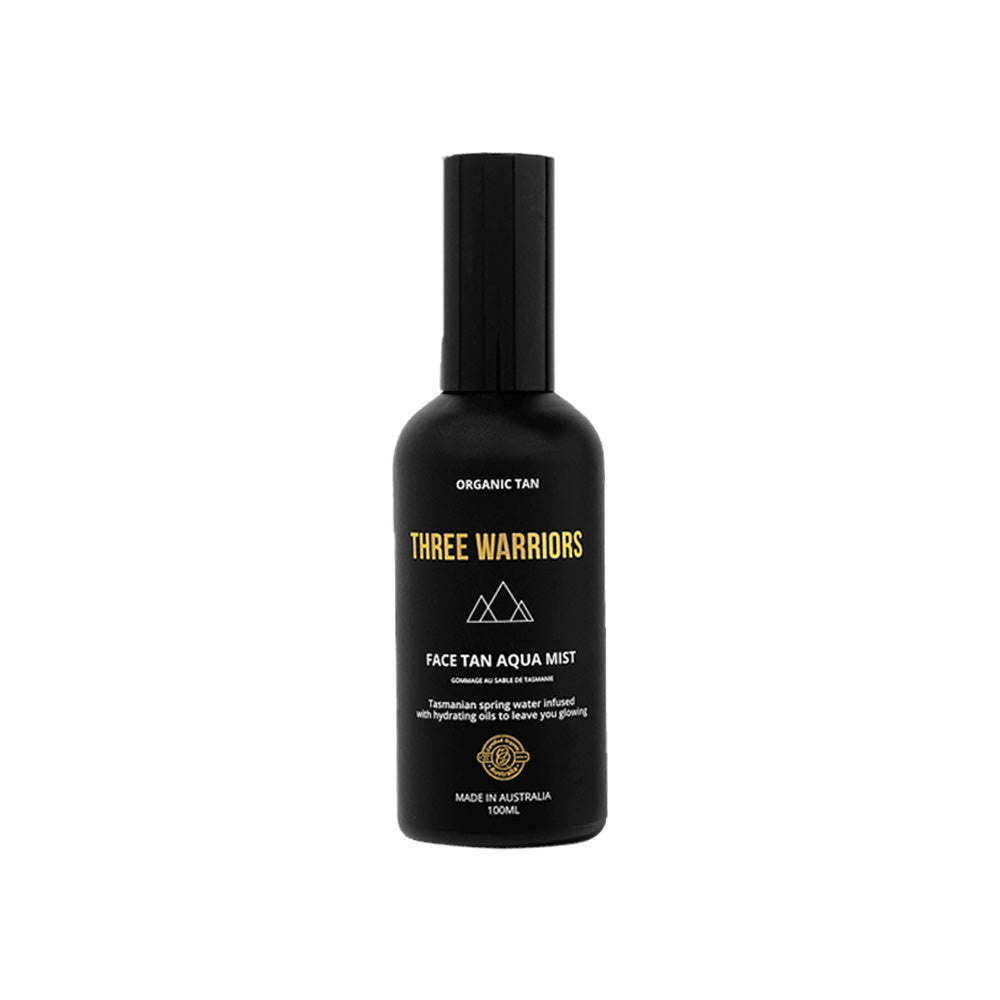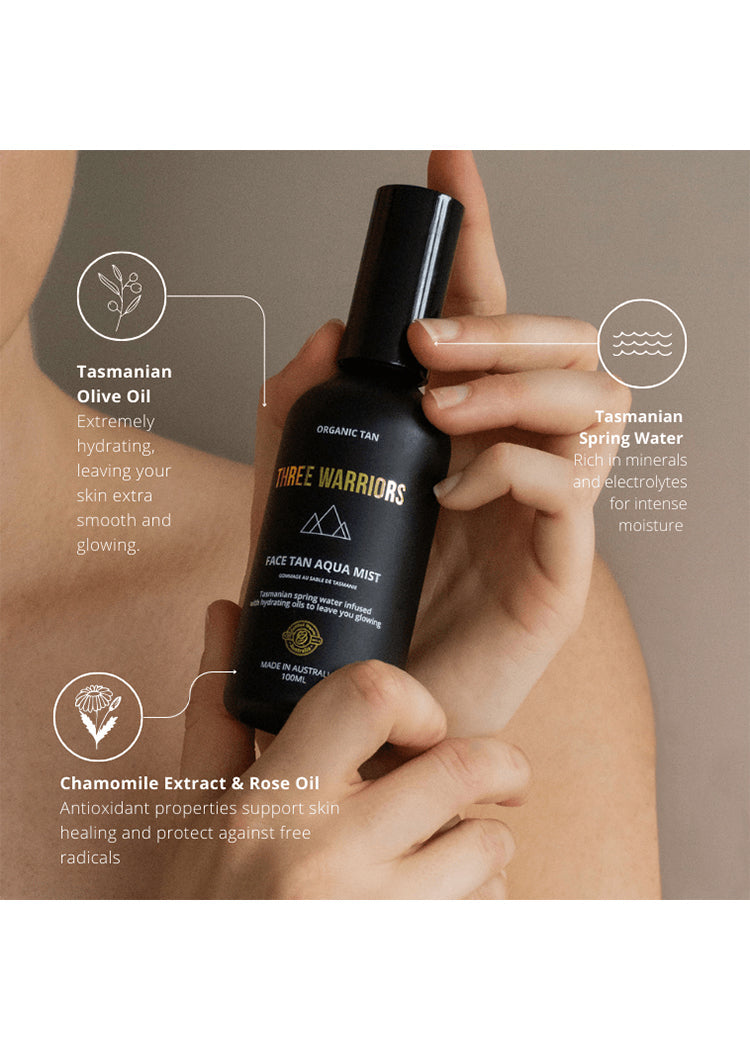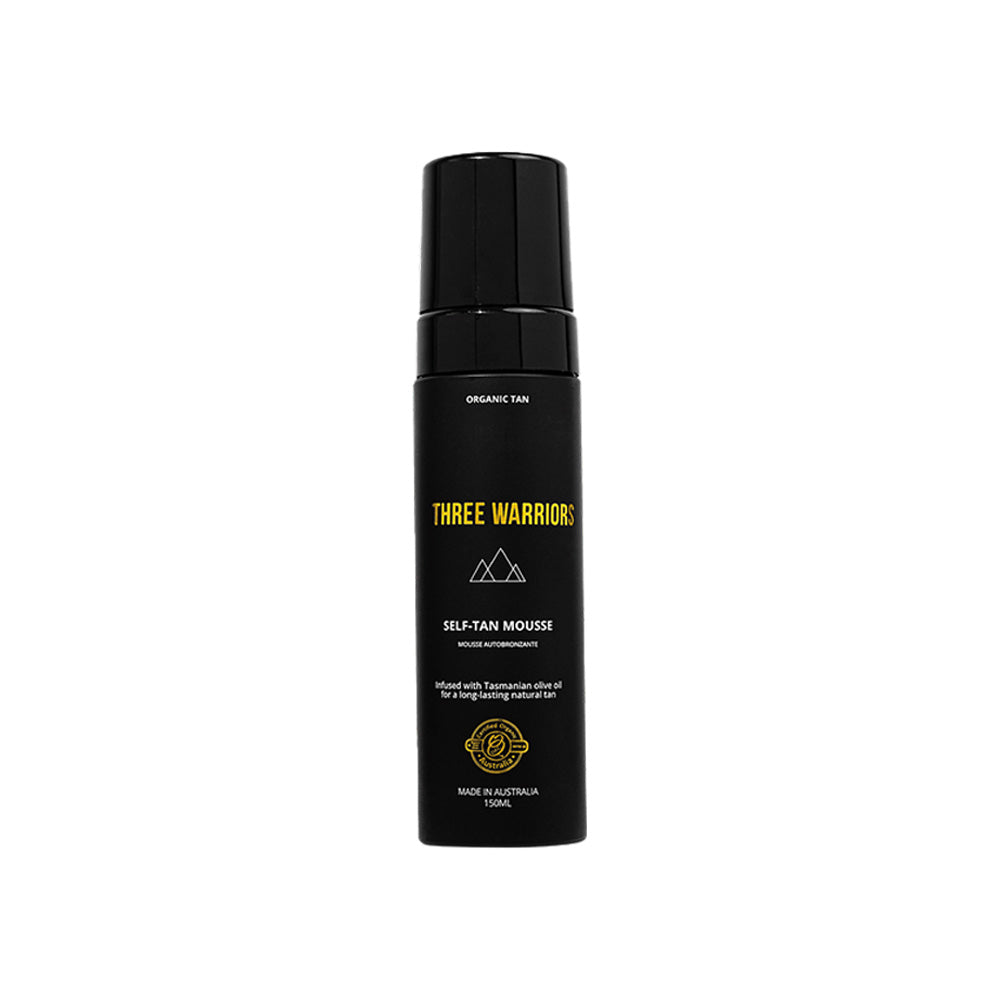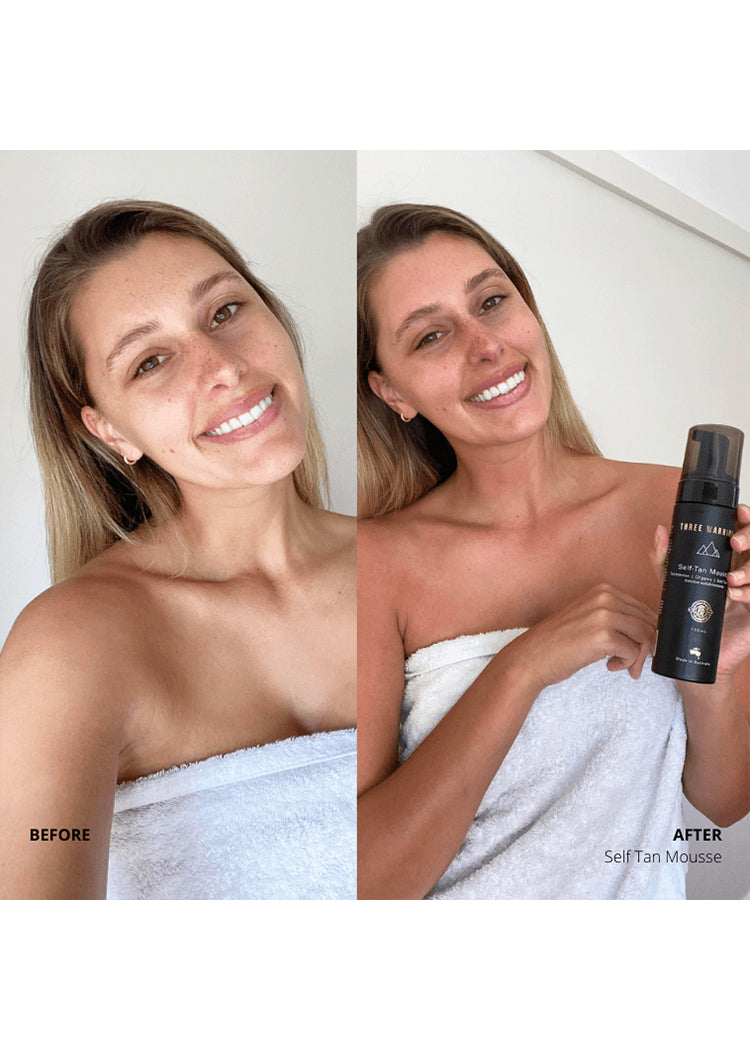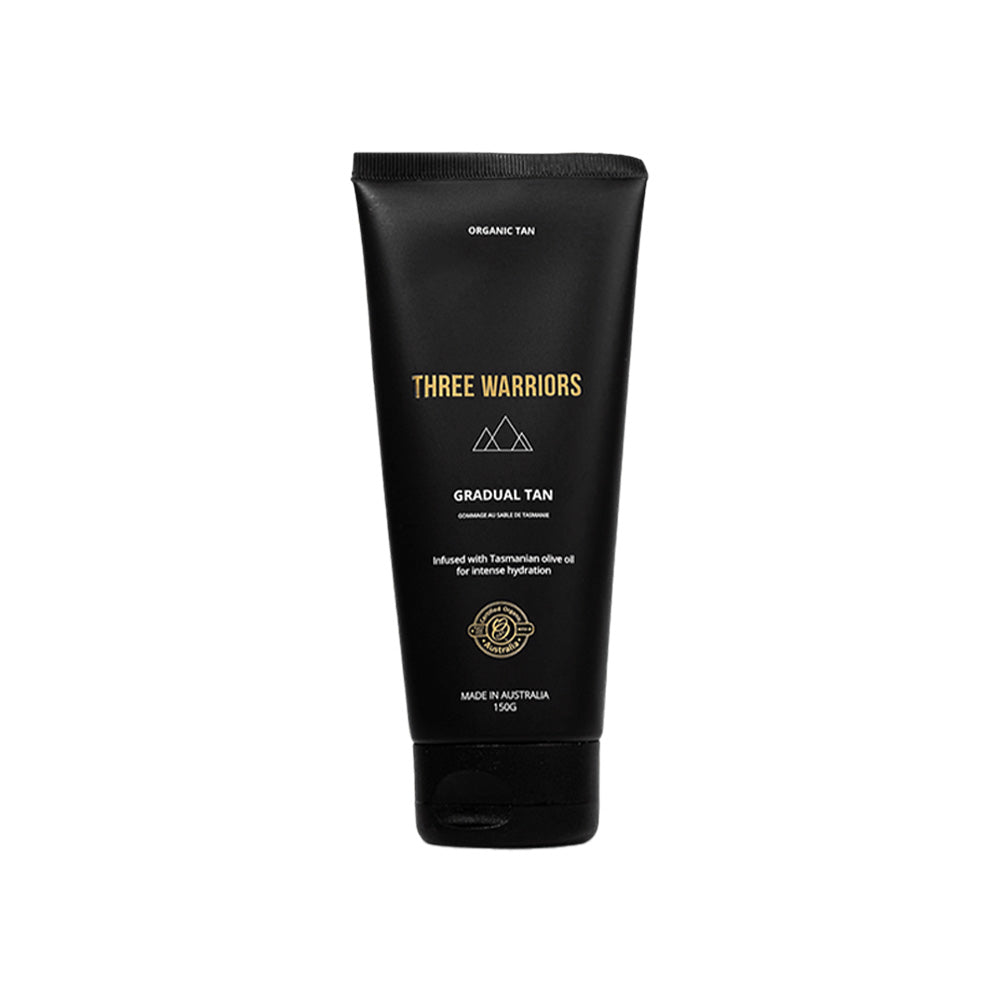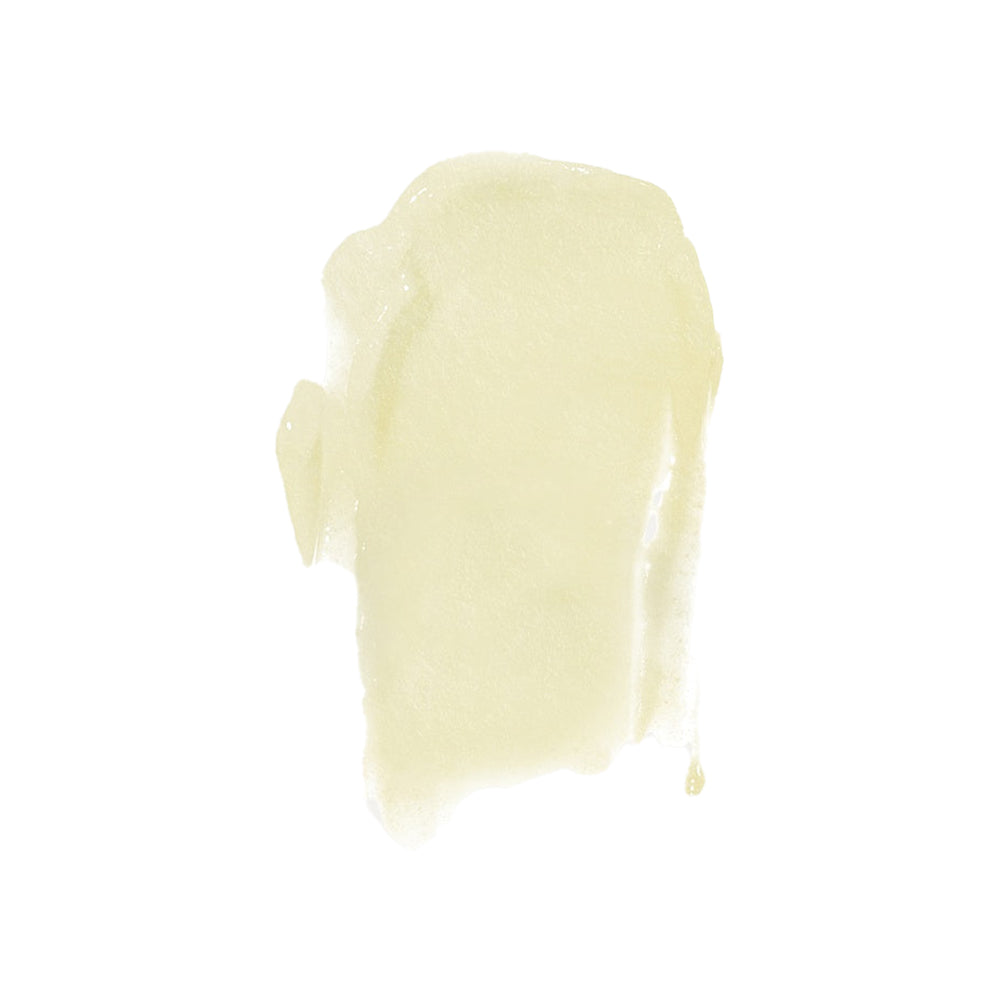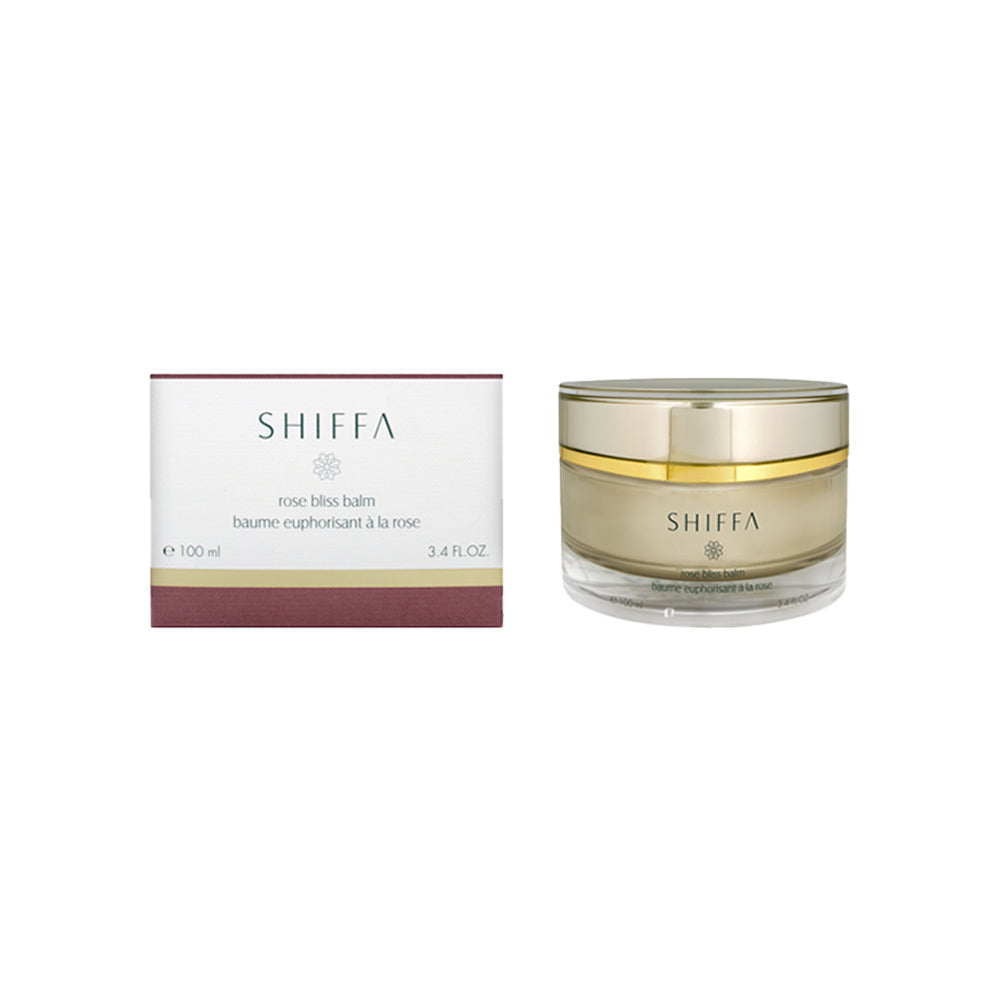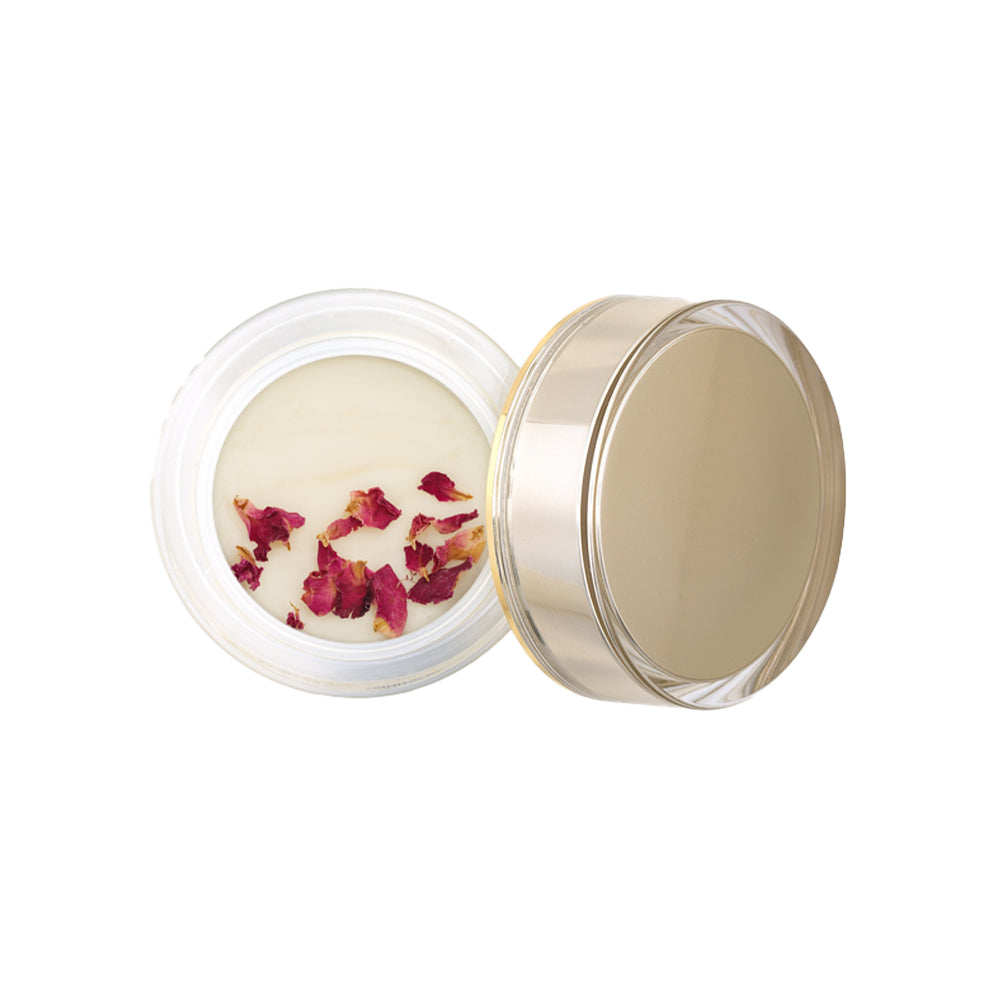In our bid for healthy, glowing skin, we’re always on the lookout for the next best skincare ingredient. Enter: Niacinamide (or vitamin B3 as it’s also known).
We’re just getting to grips with super-hydrating hyaluronic acid and anti-aging retinol so, what does niacinamide serum have to offer to our skincare arsenal? As it turns out, rather a lot.
This multi-tasking mogul is not only one of the hardest working ingredients in skincare but it’s also one of the most potent anti-inflammatories out there. Excess oil and breakouts? Reduced. Skin barrier? Protected. Aging? Tackled. Hyperpigmentation? Improved. Impressed yet?
“Niacinamide is a form of vitamin B3 and is one of the best anti-inflammatory ingredients to calm and soothe skin. It is known to strengthen the skin barrier function and is great for redness. Niacinamide also regulates oil secretion making it very useful for oily or combination skin,” says skin expert Khatra Paterson, founder of KP Aesthetics. So, what skin benefits can we expect from niacinamide?
Improve oily skin and breakouts
If you have oily skin, acne-prone skin, or combination skin, or want to tackle breakouts and pimples, niacinamide serum could be your skin’s new bestie. It helps to regulate oil secretion meaning your skin is more balanced and less likely to break out in the first place.
Its anti-inflammatory and anti-bacterial properties mean it tackles problem skin like congestion, enlarged pores and calms redness to tackle rosacea, clear acne and reduce irritation.
While it’s not a pimple-zapping ingredient like salicylic acid is, it's a gentler approach to having clear, calm, healthy skin, and since it’s not an active ingredient, it won’t cause purging so if you find retinol causes sensitivity and irritation for you, try a niacinamide serum instead.
Tip: You can also ingest niacinamide in supplements!
Skin barrier protection
In case you didn’t know already, the key to healthy skin is a well-functioning skincare barrier. If your skin is dehydrated or sensitive, it usually means the barrier has been compromised in some way, and that could be down to a range of things from the weather, to medications, or a reaction to a skincare product.
Niacinamide strengthens your existing skin barrier by increasing the amount of keratin – an important protein that helps to lock important hydration in and keep any nasties (like dirt, pollution and toxins) out. A strong skin barrier means that trans-epidermal water loss is reduced (and skin hydration is maintained), plus skin is less likely to be damaged by environmental factors.
It also enhances ceramides – tiny lipids in our skin that help to keep our complexion moisturized. This makes niacinamide ideal for eczema and dry skin, sensitive skin, and mature or aging skin.
Reduces aging & tackles hyperpigmentation
Niacinamide can also brighten skin to tackle sun damage and dark spots which often create an uneven skin tone. It could be helpful for reducing those annoying dark patches left after a blemish or pimple.
Niacinamide contains antioxidant protection, improves microcirculation and increases cellular energy. This, in turn, boosts skin cell turnover, which means fresh, renewed skin. It’s also a key component for collagen synthesis and since collagen is responsible for plumpness and elasticity, it means glowy, more youthful skin
Who should be using it and who shouldn't?
“Anyone can use Niacinamide! It is suitable for all skin types including sensitive skin and those who suffer from Acne, Rosacea or Eczema. This ingredient is well tolerated and there is none to minimal irritation,” says Maihvish Iqbal, skincare expert and acne specialist.
Why is niacinamide on-trend right now?
“Because it’s a great option on its own to fight multiple skin concerns whilst still being gentle on the skin. It’s also compatible with most skincare ingredients so you can easily incorporate it into your routine,” says Iqbal.
How to use niacinamide
“Niacinamide is great to use in the winter when skin can be prone to irritations from the cold,” says Paterson.
“Niacinamide can be used twice a day (morning and evening). As it is water-based, it should be applied after cleansing the skin (dry or damp skin) and before any oil-based serums and moisturiser. This allows the best possible absorption into the skin and delivers maximum effectiveness!” shares Iqbal.
“Niacinamide at a percentage of 2-5% is the most effective so looking for an individual niacinamide serum with this percentage is best. To save time and money, you can use serums that include niacinamide as a combination ingredient.”
“Niacinamide takes approximately 4-12 weeks to work, depending on the concern you’d like to tackle. The golden rule in skincare is that consistency gets results!” reminds Iqbal.
Can you use niacinamide with retinol or hyaluronic acid?
Yes, you can use niacinamide with both retinol and hyaluronic acid. In helping to retain moisture, niacinamide can also help to reduce irritation or sensitivity sometimes caused by retinol. If you’re using niacinamide in your moisturizer, on cleansed skin, apply any treatments or serums like retinol, glycolic acid, salicylic acid, or hyaluronic acid, then apply your niacinamide.
“Niacinamide is one of the ingredients that can be used in almost every age and skin type,” says skincare expert and celebrity facialist Pietro Simone.
Skincare expert, Iqbal, even provided us with a niacinamide cheat sheet to make it easy!
“Niacinamide + Retinol = Reduced retinol irritation + collagen boosting
“Niacinamide + Hyaluronic acid = Super hydrating
“Niacinamide + Salicylic acid = Acne fighting
“Niacinamide + Vitamin C = Brightening + anti-aging"
This way to clear, protected skin
A skincare ingredient that stops breakouts from appearing, keeps moisture in and nasties out, reduces hyperpigmentation and has us looking younger for longer? Consider us on board the niacinamide train! Destination: Clear, even, glowing skin.







